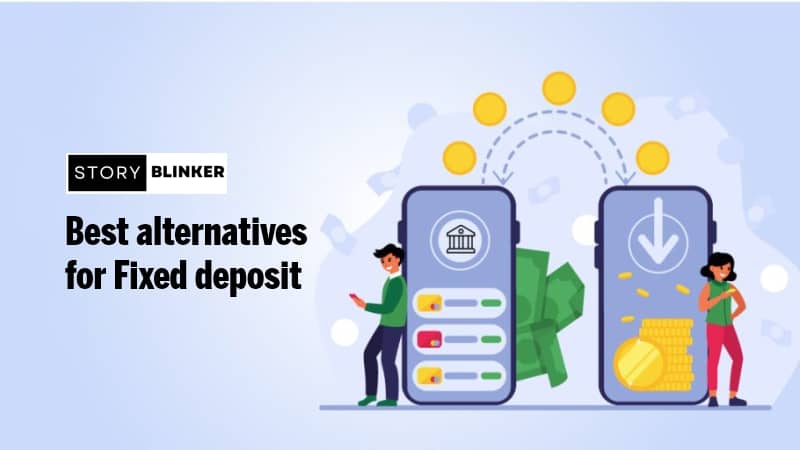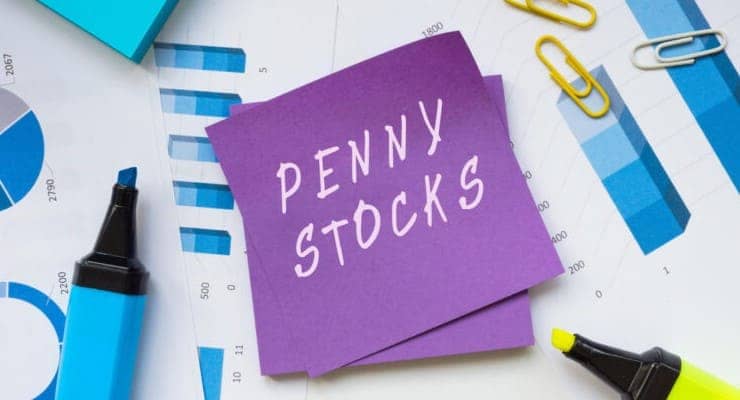
Cryptocurrency is a digital payment mechanism that does not rely on banks for transaction verification. It’s a peer-to-peer payment system that allows anybody, anywhere to send and receive money. Cryptocurrency payments exist solely as digital entries to an online database identifying specific transactions, rather than as tangible money carried around and exchanged in the real world. Transactions involving bitcoin funds are recorded in a public ledger.
Digital wallets are where cryptocurrency is kept. The term “cryptocurrency” refers to the use of encryption to verify transactions. This implies that complex coding is used to store and send bitcoin data between wallets and to public ledgers. Encryption’s goal is to ensure security and safety.
Bitcoin was the first cryptocurrency, and it is still the most well-known today. Much of the interest in cryptocurrencies is speculative, with speculators sending prices high at times.
HOW DOES IT WORK?
Cryptocurrencies are based on blockchain, a distributed public ledger that keeps track of all transactions that are updated and maintained by currency holders. Cryptocurrency units are formed through a process known as mining, which involves employing computer power to solve complex mathematical problems that result in coins. Users may also purchase the currencies from brokers and store and spend them via encrypted wallets.
You don’t possess anything concrete if you hold bitcoin. What you have is a key that allows you to transfer a record or a unit of measurement from one person to another without the assistance of a trusted third party. Although Bitcoin has been present since 2009, cryptocurrencies and blockchain technology applications are still emerging in financial terms, with additional usage planned in the future. The technology might someday be used to trade bonds, equities, and other financial assets.
HOW TO BUY CRYPTOCURRENCY SAFELY?
1.) The first step is to decide on a platform. In general, you have the option of using a standard broker or a specialist cryptocurrency exchange: Brokers who are traditional. These are online brokers who provide services for purchasing and selling cryptocurrencies as well as other financial assets such as stocks, bonds, and ETFs. These platforms often have lower trading fees but fewer crypto capabilities. Exchanges of cryptocurrencies There are several cryptocurrency exchanges to select from, each with its own set of cryptocurrencies, wallet storage, interest-bearing account choices, and other features. Asset-based fees are charged by several exchanges.
2.) After you’ve decided on a platform, the following step is to fund your account so you can start trading. Most crypto exchanges enable users to buy crypto with fiat (government-issued) currencies like the US dollar, British pound, or Euro using their debit or credit cards — however, this varies by platform. Credit card purchases of cryptocurrency are deemed dangerous, and some exchanges do not accept them. Crypto transactions are also not permitted by some credit card companies. This is due to the extreme volatility of cryptocurrencies, and it is not prudent to risk getting into debt – or perhaps paying hefty credit card transaction fees – for some assets.
3.) You can place an order using the online or mobile platform of your broker or exchange. If you wish to acquire cryptocurrencies, click “buy,” then pick the order type, input the number of coins you want to buy, and complete the order. The identical procedure is used for “sell” orders. There are alternative methods to invest in cryptocurrency. Payment systems such as PayPal, Cash App, and Venmo allow customers to purchase, trade, or store cryptocurrencies. There are also the following investment vehicles: As an example: Trusts in Bitcoin: A conventional brokerage account can be used to purchase shares in Bitcoin trusts. These vehicles provide regular investors with access to cryptocurrency through the stock market.
STORING CRYPTOCURRENCY
Once you’ve acquired bitcoin, you’ll need to keep it safe to avoid hackers or theft. Cryptocurrency is often held in crypto wallets, which are physical hardware or online software that securely hold the private keys to your coins. Some exchanges provide wallet services, allowing you to keep funds directly on the site. However, not all exchanges or brokers will immediately supply you with wallet services.
There are several wallet providers from which to pick. The words “hot wallet” and “cold wallet” are used interchangeably:
Hot wallet storage: “hot wallets” refer to crypto storage that uses internet software to safeguard your assets’ private keys.
Cold wallet storage: Unlike hot wallets, cold wallets (also known as hardware wallets) save your private keys on offline electronic devices.
CRYPTOCURRENCY RISKS
More than stock markets, cryptocurrency exchanges are vulnerable to hacking and becoming targets of other criminal activity. Security breaches have resulted in significant losses for investors who have had their digital currencies stolen, prompting several exchanges and third-party insurers to begin offering hacker protection.
Cryptocurrency storage is also more complicated than stock or bond ownership. Cryptocurrency exchanges like Coinbase (NASDAQ: COIN) make it relatively easy to buy and sell crypto assets like Bitcoin (CRYPTO: BTC) and Ethereum (CRYPTO: ETH), but many people are wary of storing their digital assets on exchanges due to the risks of allowing any company to control access to their assets. When you store cryptocurrencies on a centralised exchange, you lose ownership of your assets. A government request might cause an exchange to freeze your funds, or the exchange could go bankrupt, leaving you with little recourse to retrieve your money.
Some bitcoin owners prefer offline “cold storage” solutions like hardware wallets, however cold storage has its own set of issues. The most serious risk is the loss of your private key; without a key, it is difficult to access your money. There is also no assurance that a cryptocurrency project in which you invest will succeed. The competition among hundreds of blockchain initiatives is tremendous, and many of them are nothing more than frauds. Only a small fraction of bitcoin initiatives will succeed.
IS IT A GOOD INVESTMENT?
Many cryptocurrencies, such as Bitcoin and Ethereum, are created with ambitious goals that may or may not be met over extended time horizons. While the success of any cryptocurrency project cannot be guaranteed, early investors in a cryptocurrency project that achieves its objectives might be generously rewarded in the long run. To be regarded as long-term success, every cryptocurrency project must achieve widespread acceptance.
BITCOIN AS A INVESTMENT
Because Bitcoin is the most widely recognised cryptocurrency, it benefits from the network effect, which means that more people want to possess it because it is owned by the most people. Many speculators see Bitcoin as “digital gold,” but it might also be used as a digital form of payment.
Bitcoin investors think the cryptocurrency will increase in value over time because its supply is fixed, unlike fiat currencies such as the US dollar or the Japanese yen. Bitcoin’s supply is limited to less than 21 million coins, whereas conventional currencies may be created at the discretion of central bankers. Many investors believe Bitcoin will rise in value when fiat currencies fall in value.
ETHER AS A INVESTMENT
Ether is the native token of the Ethereum platform and may be acquired by investors looking to diversify their portfolios using Ethereum. While Bitcoin may be thought of as digital gold, Ethereum is constructing a worldwide computing platform that will support many other cryptocurrencies as well as a vast ecosystem of decentralised apps (“dApps”).
Because of the enormous number of cryptocurrencies established on the Ethereum platform, as well as the open-source nature of dApps, Ethereum has the potential to profit from the network effect and build long-term value. The Ethereum platform supports “smart contracts,” which run automatically depending on terms placed directly into the contract code.
Related Posts

Top 10 Best Blocktech Companies in India 2024admin . November 28, 2023

Exploring the Benefits of Contrarian Real Estate Investmentadmin . August 1, 2023

What Is IOTA? How Does It Work?admin . June 19, 2023

Top Artificial Intelligence Stocks Canada 2024admin . February 20, 2024

Best Alternatives for Fixed Depositadmin . November 28, 2023

Top 20 Best Alternatives to Fixed Deposits in Indiaadmin . August 8, 2023

Discover Upcoming IPOs in Canada 2024 | Latest Listings andadmin . February 13, 2024

A Few Pointers to Help You with Your First Cryptocurrencyadmin . January 28, 2022

What is Blockchain? Easy Enlightenment of Blockchain for Dummiesadmin . June 21, 2022
Latest Posts

Exploring the Best Cash Advance Apps of 2024 April 8, 2024

Top 34 Passive Income Ideas in 2024 March 19, 2024

Top 10 Penny Stocks to Buy Canada 2024 February 23, 2024

Best Canadian Artificial intelligence stocks under $1 2024 February 23, 2024

Top Artificial Intelligence Stocks Canada 2024 February 20, 2024

